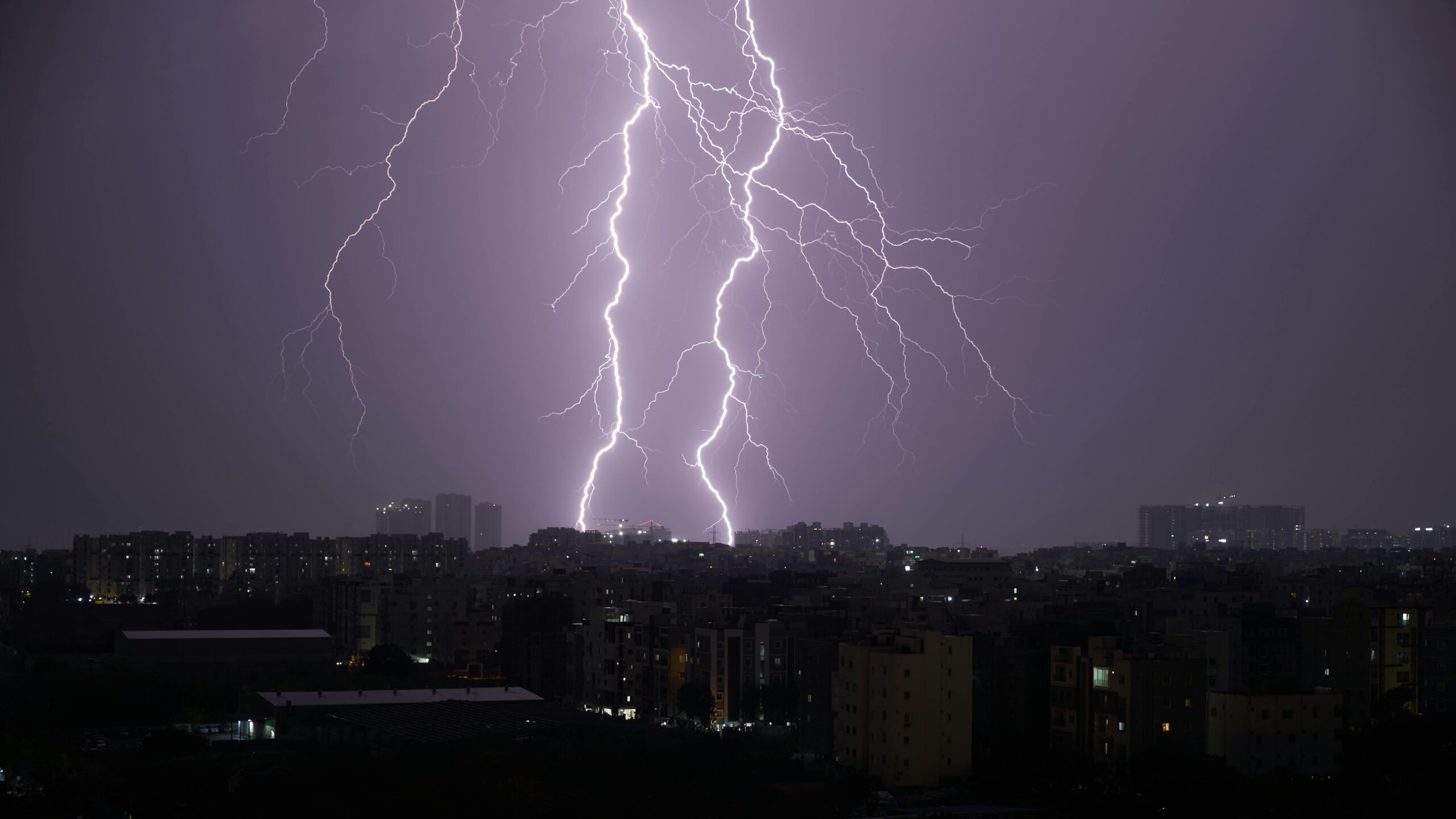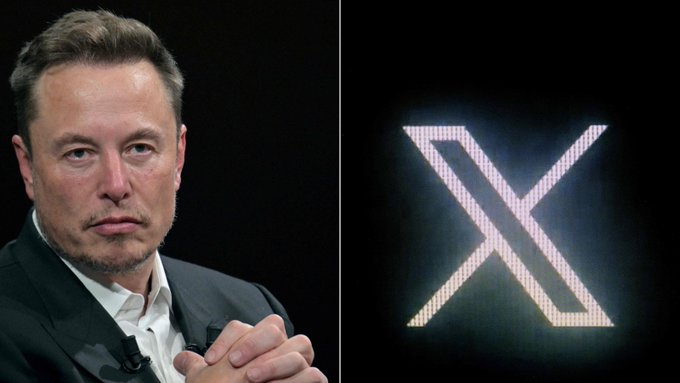Beirut, Lebanon — In a significant escalation of regional tensions, Hashem Safieddine, Hezbollah’s next in line to lead the group, has been killed in an Israeli airstrike. The strike is part of a newly launched Israeli military campaign named “Operation Friday,” which has stunned Iran and raised concerns about the future of the region.
Reports indicate that the Israeli offensive, which targeted Hezbollah’s leadership in Beirut, was far larger than previous operations, even surpassing the strike that killed former Hezbollah leader Hassan Nasrallah. A series of explosions rocked the Lebanese capital, killing several people and injuring many more. The death toll is expected to rise as authorities continue to assess the damage and rescue efforts are underway.
Safieddine’s death marks a critical moment for Hezbollah, which has long been a major political and military force in Lebanon. He was widely seen as the successor to Nasrallah and played a key role in shaping Hezbollah’s strategies in the face of Israeli and Western opposition. His loss leaves a leadership void at a crucial time, as Hezbollah navigates increasing pressure from both Israel and internal Lebanese political struggles.
The Israeli military has not provided extensive details on the goals of Operation Friday, but its scale suggests a broader campaign against Hezbollah and its affiliates. Analysts are speculating that this could mark the beginning of a prolonged offensive, aimed at weakening Hezbollah’s influence in Lebanon and undermining its support from Iran.
Iran, a close ally of Hezbollah, has expressed shock over the strike and is closely monitoring the situation. The death of Safieddine has sent ripples through Tehran, where officials fear that other key figures could be targeted next. The broader impact of the strike on the region remains uncertain, but tensions between Israel and Iran are likely to increase in the coming days.
The international community has expressed concern over the escalating violence, with calls for restraint on all sides. However, the scale and intensity of the Israeli offensive suggest that the situation may worsen before any potential de-escalation.
As Beirut reels from the aftermath of the explosions, and with Hezbollah facing a leadership crisis, the next steps taken by both Israel and Iran will be critical in determining the future of the conflict in the region.




